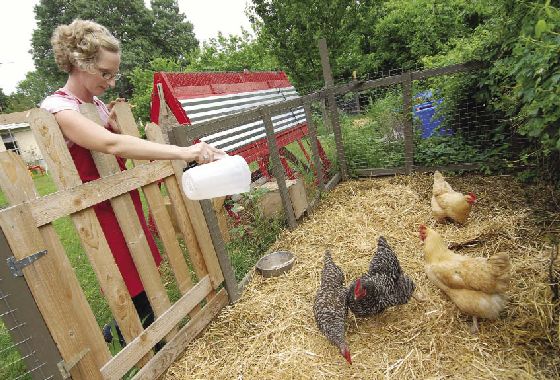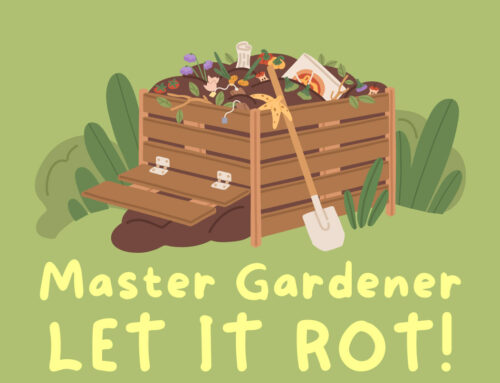Most people in America do not eat dogs or cats. Nutritionally speaking, we could eat dogs, cats, lions, turtles and a slew of other animals that have been exonerated from our dinner tables, thanks to social norms.
Legally speaking, some states have laws against eating dogs and cats.
But, aside from clear-cut legalities, how are the boundaries of what animals we will or will not eat established? And might we see those boundaries change as certain animals, the chicken for example, become more domesticated?
Dogs are the most-common household pets; we commonly anthropomorphize them; we don’t think of eating them.
But what about pigs? Generations raised on Charlotte’s Web and Babe — and possessing strong evidence that pigs are as smart and sociable as canines — shamelessly profess a bacon mania.
Is it because human pleasure trumps preventing the potential pain of a less-intelligent species? (A famous essay by David Foster Wallace called Consider the Lobster examines this question in magnificent depth, without drawing any concrete conclusion.)
Human life would go on without bacon, but would it be robbed of its joy? Many say so.
I started thinking extensively about our meat-eating norms after a 2009 story I wrote about backyard chickens in the White Rock area. The subjects raised chickens on their East/Northeast Dallas properties, collected eggs and, in most cases, treated the birds like pets. They named them, babied them and took them to the vet when sick. One neighbor recounted the extensive lengths to which she went to treat an eye infection in her chicken, Fuzzy.
When I asked if, after egg-producing days were done, these urban-farming families would kill and eat their chickens I was met in every case with denial, not to mention varying levels of distaste.
The families had not stopped eating chicken; they just wouldn’t eat their chickens (even though eating backyard chickens arguably is far more humane than eating factory farmed chickens, but that’s a digression for another time).
Last week on a walk with dog I passed a chicken-populated back yard. As we approached the chain-link fence, the chickens wobbled up to greet us. Again I started thinking: as the backyard chickeen trends continue, as birds win the hearts of people, and as egg-laying hens morph into beloved pets, will consumption of chicken, in general, decline? (Note: there are other reasons, too, reports the New York Times’ Mark Bittman, to stop eating so much chicken.)
I’d love to hear from some of our backyard-chicken farmers — can you still stomach a chicken dinner?






